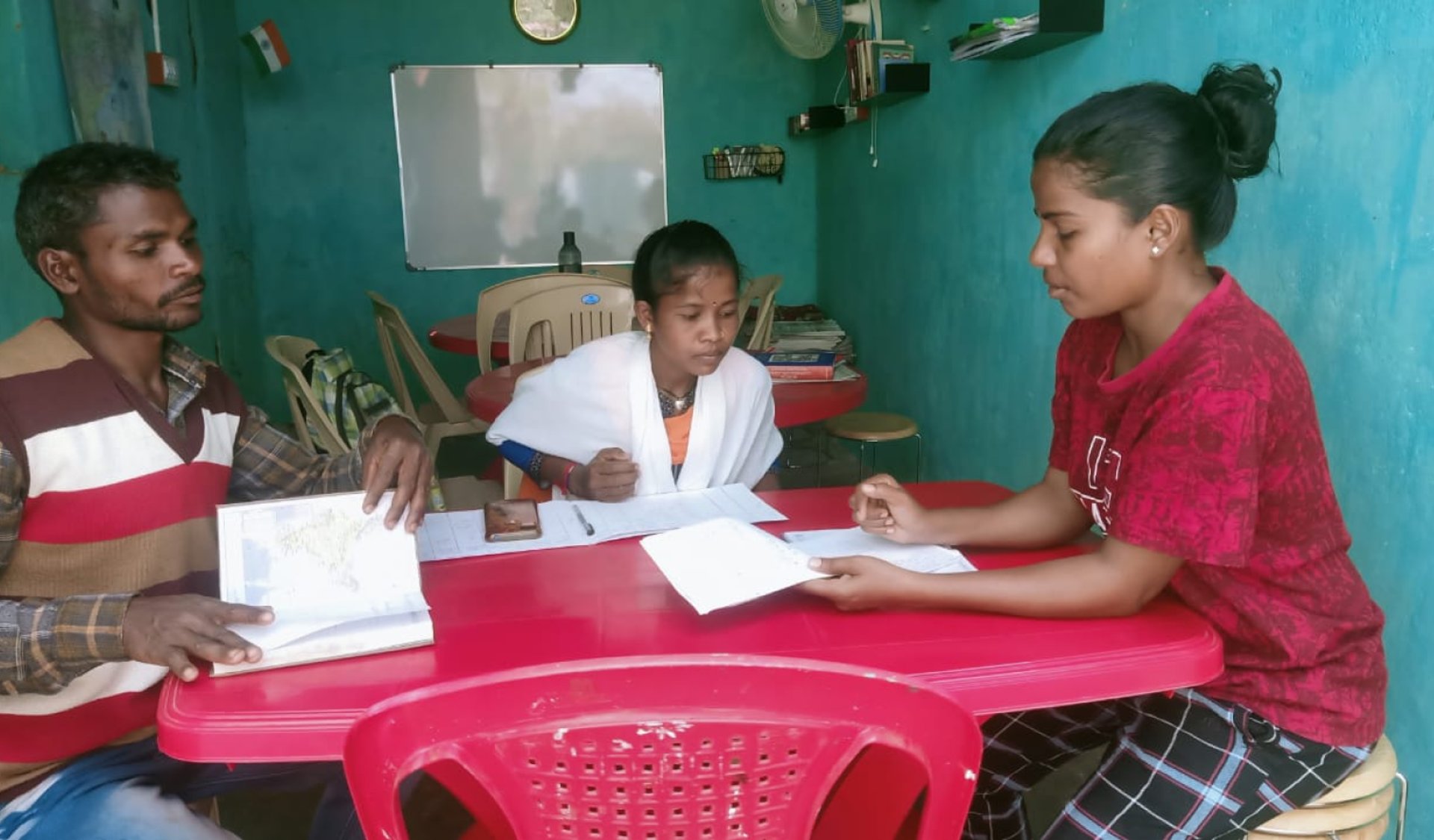
20.03.23
Bondas in Malkangiri Begin Claim-Filing for Community Forest Resource Rights: A First Step Towards Legal Protection of Their Forest Landscapes
The Initiative on the Forest Economy (IoFE)—led by the Bharti Institute of Public Policy (BIPP), Indian School of Business (ISB)—envisions building long-term sustainable forest enterprises. It aims to connect forest-dwelling communities with industries for large-scale sales of regionally abundant seasonal forest products (SFPs). Recognition of Community Forest Resource Rights (CFRR) enables these communities to manage forest resources and legally trade SFPs to support their livelihoods.
Operations in Bonda Ghati and Pilot Project Launch
In February 2023, our team began operations in Bonda Ghati, located in Malkangiri district, Odisha. This area is home to the Bonda tribe, one of India’s Particularly Vulnerable Tribal Groups (PVTGs). Recently, under the leadership of Ms Jayanti Buruda, IoFE’s Cluster Coordinator, the team started the claim-filing process for CFRR. This forms part of a pilot forest economy project involving the Bonda tribe throughout the entire value chain.
The first operation focused on three key dimensions:
(a) Data Collection: We obtained data on the number of villages and households, types of SFPs, number of households involved in collecting SFPs, and sales of SFPs. We also gathered information on the volume and price of SFPs collected in the previous year. Additionally, we identified potential young Bonda girls for forming producer companies (PCs) and self-help groups (SHGs).
(b) Stakeholder Engagement: We conducted multiple meetings with the Forest Rights Committee (FRC) Cell and Project Administrator of the Integrated Tribal Development Authority (ITDA). These meetings helped us understand the gaps in the claim-filing process and the steps necessary to obtain CFRR titles.
(c) Claim Review and Submission: We reviewed the previous year’s Habitat Rights claims filed by the Gram Sabhas (GSs) of Bonda and Dadai. Habitat Rights refer to the rights of PVTGs to their customary habitat, as defined in the Scheduled Tribes and Other Traditional Forest Dwellers (Recognition of Forest Rights) Act, 2006—commonly known as the Forest Rights Act (FRA). We addressed the gaps in the claim-filing process in collaboration with the FRC Cell. We then submitted the claims to the Sub-district Level Committee (SDLC) as per the FRA provisions.
Guidelines for Habitat Rights
Our team has drafted specific guidelines for Habitat Rights and sent them to the ST & SC Development, Minorities & Backward Classes Welfare Department, Government of Odisha. These guidelines may be issued separately or included in the Standard Procedure. They will significantly assist the state government in working with any PVTG in Odisha.
Challenges in the CFRR Claim-Filing Process and Immediate Action Plan
The CFRR claim-filing process faces two major challenges: a lack of awareness about tenure rights among the Bonda tribe and the unavailability of necessary documents, which slows down the process.
To address these issues, our team has developed an immediate action plan with inputs from the GSs and the Odisha government. The plan includes the following steps:
determining the nature of forest mapping needed for the CFRR claim-filing process through a meeting with the GSs and the state government;
selecting five volunteers from each village to expedite the claim-filing process; and
organising workshops to raise awareness about CFRR, explain the legal procedures, and highlight the benefits of CFRR titles to communities.
Progress and Next Steps
Our team has prepared lists for 32 out of 36 villages. Once the CFRR claim-filling process is complete, the management plan and collective sale under the FRA Rules 2(1)(d) and 4(1)(e) will commence.
